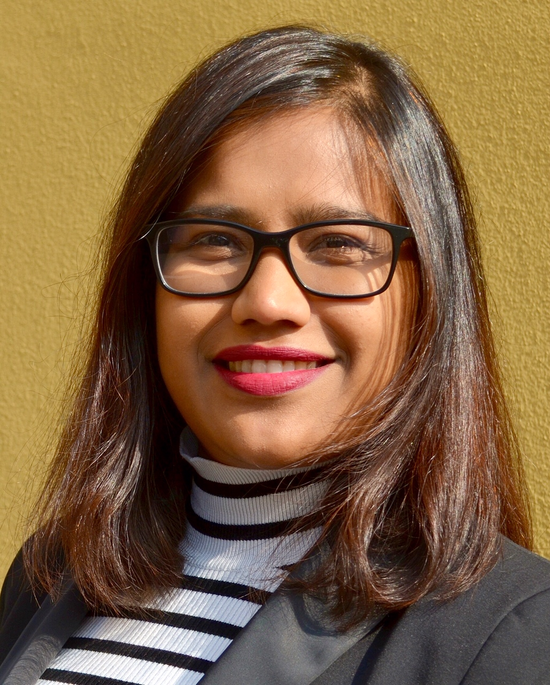
Even though it affects our lives every single day, most of us have no idea what a knowledge graph is. Asking Alexa about the weather tomorrow or searching for the latest news on climate change via Google, knowledge graphs constitute the backbone of today’s state-of-the-art information systems. From improving search results over question answering and recommender systems up to explainable AI systems, the applications of knowledge graphs are manyfold.
Language: English
English, Deutsch
Big Data and AI, Expert
Course information
In this course you will learn what is necessary to design, implement, and use knowledge graphs. The focus of this course will be on basic semantic technologies including the principles of knowledge representation and symbolic AI. This includes information encoding via RDF triples, knowledge representation via ontologies with OWL, efficiently querying knowledge graphs via SPARQL, latent representation of knowledge in vector space, as well as knowledge graph applications in innovative information systems, as e.g., semantic and exploratory search.
General Course Information:
- Course language: English
- Weekly workload: 3 - 4 hours (Depending on your level of knowledge, this time may vary)
- Course duration: 6 weeks from October 27 to December 8, 2020
- Deadline for the Final Exam: December 14, 2020 (11:55pm UTC)
Requirements for this Course:
- Basic understanding of web technologies, such as URL and HTTP
- Basic understanding of mathematics, in particular statistics and probability theory
- Basic knowledge of database technology, such as relational databases and SQL query language
Intended Audience:
- Students of computer science or related subjects at bachelor or master level
- Researchers and scientists interested in the web, knowledge representation, semantic web technologies, ontology engineering, machine learning, artificial intelligence
- Young professionals, in particular knowledge engineers, data & web scientists
- Students, researchers and professionals in the field of digital humanities and cultural heritage (e.g. working in archives, libraries, and museums)
Teaching Team
The course is run by the research group Information Service Engineering of FIZ Karlsruhe and Karlsruhe Institute of Technology (AIFB).
Social Media
Follow FIZ ISE on Twitter @fiziseka
Follow openHPI on Twitter: @openHPI
For tweets about this course please use the hashtag #knowledgegraphs2020
Visit us on Facebook: https://www.facebook.com/OpenHPI
You can find more video lectures at www.tele-task.de.
Attention: This course is currently in self-study mode, in which you do not have access to graded assignments/exams. Therefore, we can only issue you a certificate of participation.
Course contents
Week 1:
Knowledge Graphs in the Web of DataWeek 2:
Basic Semantic TechnologiesWeek 3:
Querying RDF with SPARQLWeek 4:
Knowledge Representation with OntologiesWeek 5:
Knowledge Graph ApplicationsWeek 6:
Advanced Knowledge Graph ApplicationsFinal Exam
Reactivate this course
You can access all graded assignments and earn a Record of Achievement with the course reactivation option. Learn more or
Enroll me for this course
Learners
Rating
This course was rated with 4.72 stars in average from 46 votes.
Certificate Requirements
- Gain a Certificate by booking it and gaining a Record of Achievement. Find out more in the certificate guidelines.
- Gain a Record of Achievement by earning at least 50% of the maximum number of points from all graded assignments.
- Gain a Confirmation of Participation by completing at least 50% of the course material.
- Gain an Open Badge by completing the course.
Find out more in the certificate guidelines.
This course is offered by

Harald Sack is Professor for Information Services Engineering at FIZ Karlsruhe - Leibniz Institute for Information Infrastructure and Karlsruhe Institute of Technology. After graduating in computer science at the University of the Federal Forces Munich Campus in 1990, he worked as systems/network engineer and project manager in the signal intelligence corps of the German federal forces from 1990–1997. In 1997 he became an associated member of the graduate program ‘mathematical optimization’ at the University of Trier, where he obtained a PhD in Computer Science in 2002. From 2002–2009 worked as PostDoc at the Friedrich-Schiller-University in Jena. From 2009 - 2016 he worked as Senior Researcher and head of the research group 'semantic technologies’ at the Hasso Plattner-Institute for IT-Systems Engineering (HPI) at the University of Potsdam.
His areas of research include semantic technologies, knowledge graphs and knowledge representations, ontological engineering, knowledge extraction, machine learning, semantic & explorative search.
He is charter member and general secretary of the 2008 founded German IPv6 Council. He has served as Senior PC member or PC member of numerous international conferences and workshops related to semantic technologies as well as program chair, scientific chair or general chair.
Harald Sack has published more than 200 papers in international journals and conferences including three standard textbooks on networking technologies. He is co-founder of yovisto GmbH (www.yovisto.com).

Dr. Mehwish Alam is a Post-Doctoral Researcher/Senior Researcher at FIZ Karlsruhe - Leibniz Institute for Information Infrastructure and Karlsruhe Institute of Technology (KIT), Institute of Applied Informatics and Formal Description Methods (AIFB) in Information Service Engineering team. Before that she has conducted her Post-Doctoral Research at Laboratoire d'Informatique de Paris-Nord (LIPN), Paris, France (2016-2017) and Consiglio Nazionale delle Ricerche (CNR), Rome, Italy (2017-2019). The focus of her research is the development/application of Machine & Deep Learning techniques for Knowledge Graphs and Natural Language Processing.